Flo Awichi, Giovanni Biglino, Issy Bourton, Emma Dann, Alexa Dean, Rachel Elf, Laura Godfrey-Isaacs, Muzlifah Haniffa, Sofie Layton, Elo Madissoon, Ian Simcock, Esther Teichmann and Sarah Teichmann.
From Cell to Cosmos brings together extracts of writing by midwives, doulas, scientific and medical researchers created during creative writing workshops led by Esther Teichmann, Jenny Bangham and Sofie Layton for Constellations.
DISCOVERY
/dɪˈskʌv.ər.i/
noun (finding)
the process of finding information, a place, or an object,
especially for the first time, or the thing that is found ..
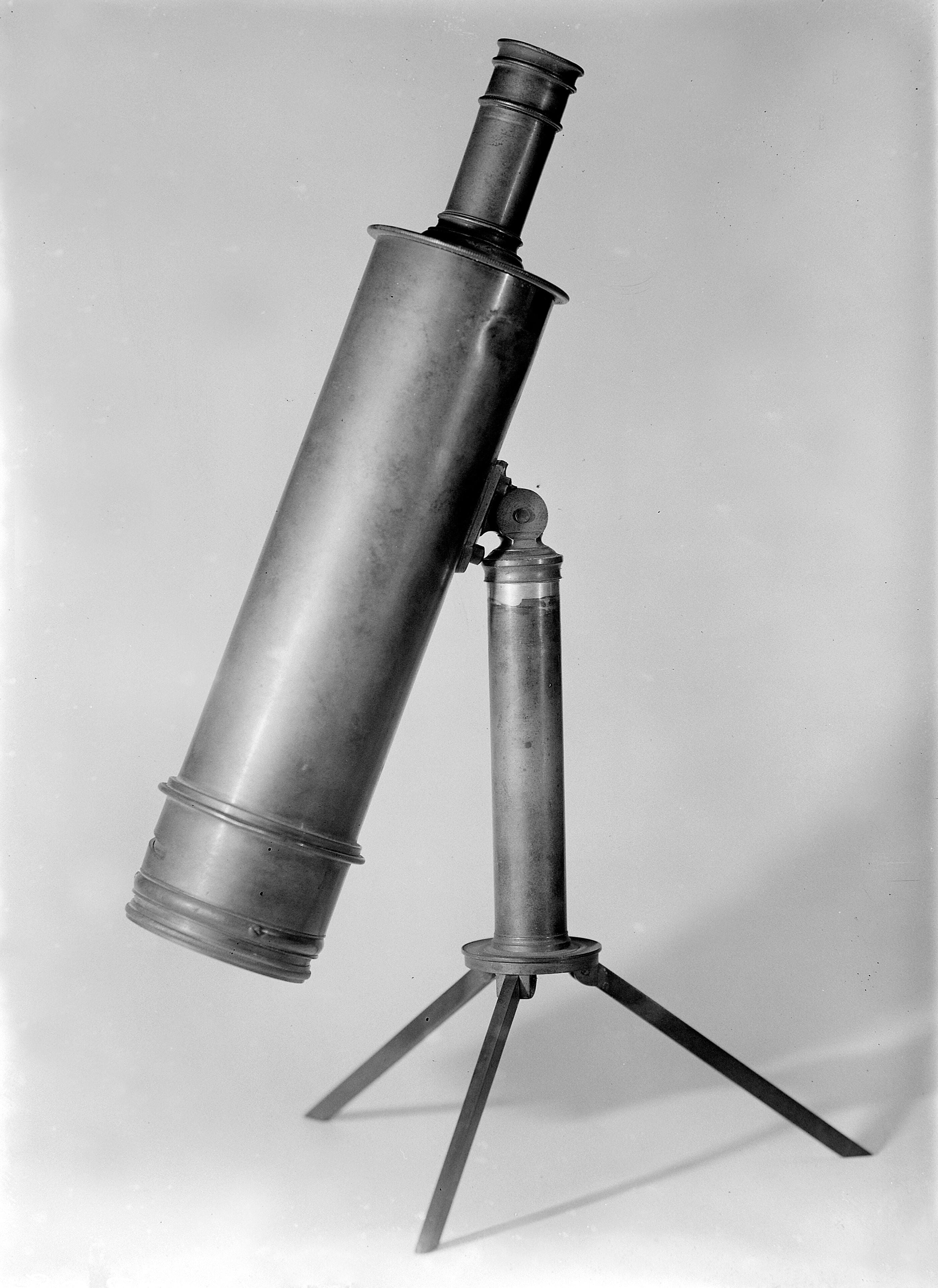
The creeping feeling that a finding is genuinely an advance on our current knowledge is incredibly exciting. As it dawns on you, you turn over in your mind all the pieces of evidence for the discovery, and check and double-check each element again and again. If this discovery is the first step, requiring further experiments, then you recruit colleagues to investigate different angles of the discovery. This process is like the blind men describing an elephant – a scientific discovery is more complete if it has been interrogated from multiple angles. There is also a feeling of fear, because a discovery can be scooped or taken away by a faster publication from a (knowingly or unknowingly) competing group. So, the experience can at the same time be both exciting and exhilarating as well as terrifying and nerve-wracking.
Sarah Teichmann
Someone observed an unexpected pattern in data. I was asked to look into it. We made a hypothesis on what could be generating this pattern in the experiments we were using to generate the data. We devised a mathematical model to describe our hypothesis. We put the real data in the equations and our predictions matched beautifully with the real pattern. We were right! The first feeling is surely relief. I feel relieved that I wasn’t completely off track. Then I start treating my discovery as a fragile, delicate object. I know I have to put it to test to prove it’s robust, but I feel very afraid of breaking it, of being back to square one. All these stress-tests of your discovery take time, require time to write a code script to run a different analysis, time to run a new experiment in the lab. That time lag between the discovery and the corroboration is a very special place of fear and excitement.
Emma Dann
Seeing the results, I get immediately excited. How come they look different than what I expected? Has anyone seen this new finding before, or am I the first one? The idea of being the first to see a new phenomenon makes my heart beat faster. Motivated by exploring the unknown, I start digging for information. Focused search for support of the new finding makes me scan through the literature twice faster than at any other time, I ignore incoming e-mail messages. I’m reading other scientists’ discoveries, even from decades ago, trying to find any evidence on what is already known, and what is still unknown. I forget to have lunch.
Elo Madissoon
CELLS
/sel/
noun (organism)
the smallest basic unit of a plant or animal
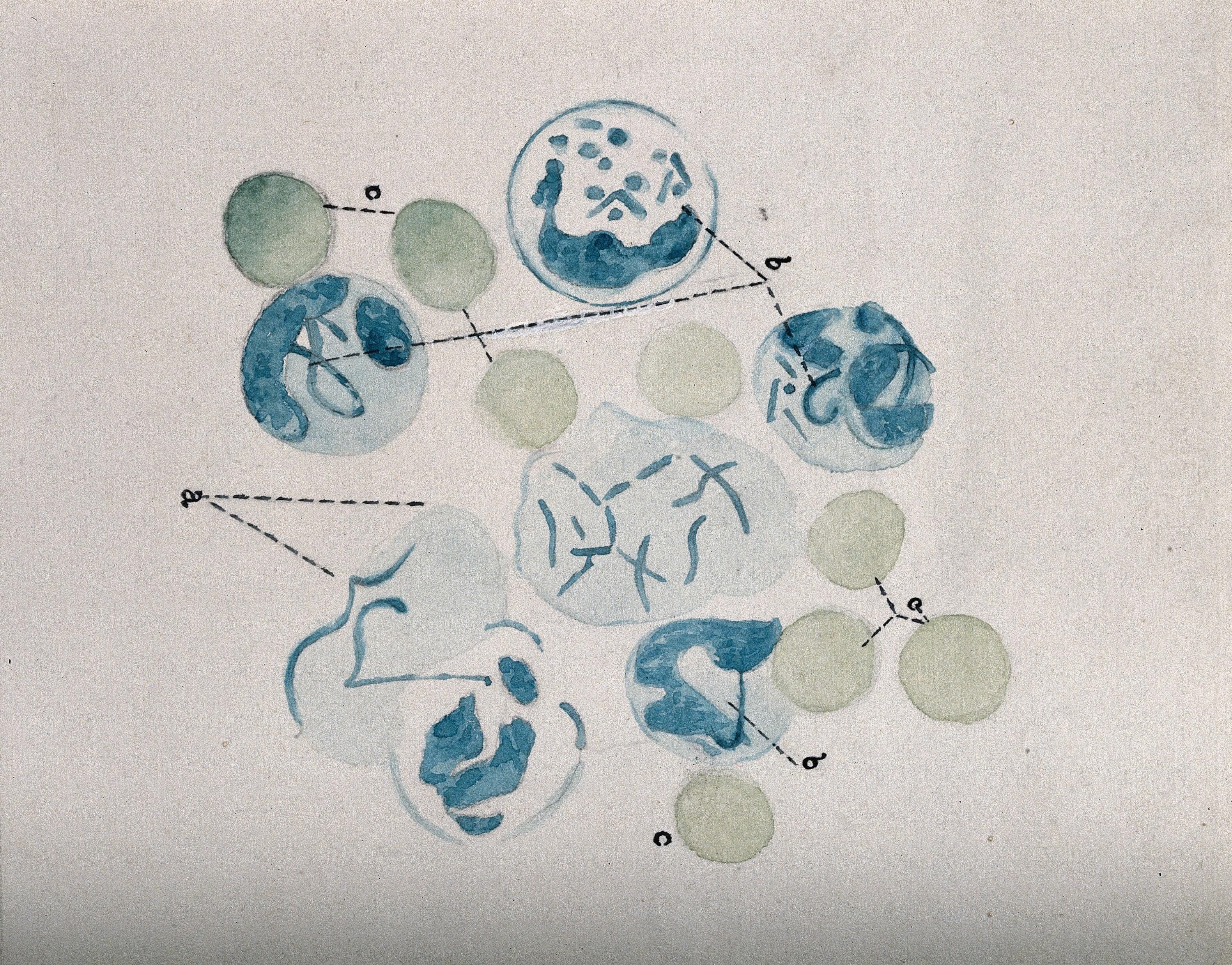
Constellations in space and time
Muzlifah Haniffa
These multi-armed gods with tentacles sweeping through space, reach out like starbursts, signalling to and touching other cells around them.
Sarah Teichmann
Another is black. Completely black, hundreds of black speckles everywhere throughout the cell. Smaller and bigger in size, but always pitch-black, dried up, wrinkles all over, an uneven borderline rather than round and smooth as expected. Volcano ridden planet covered in black lava and ash.
Elo Madissoon
Cells look like points in data space, but I can’t be sure one point is a real cell. I see real cells in points if they are very close to a set of other points and very far from all the other points. If they are not distinguishable from all other points, then they are not cells, they are noise. Points move in the data space to become new cells, travelling through space and time.
Emma Dann
BIRTH
/bɜːθ/
noun
the time when a baby or young animal comes out of its mother's body
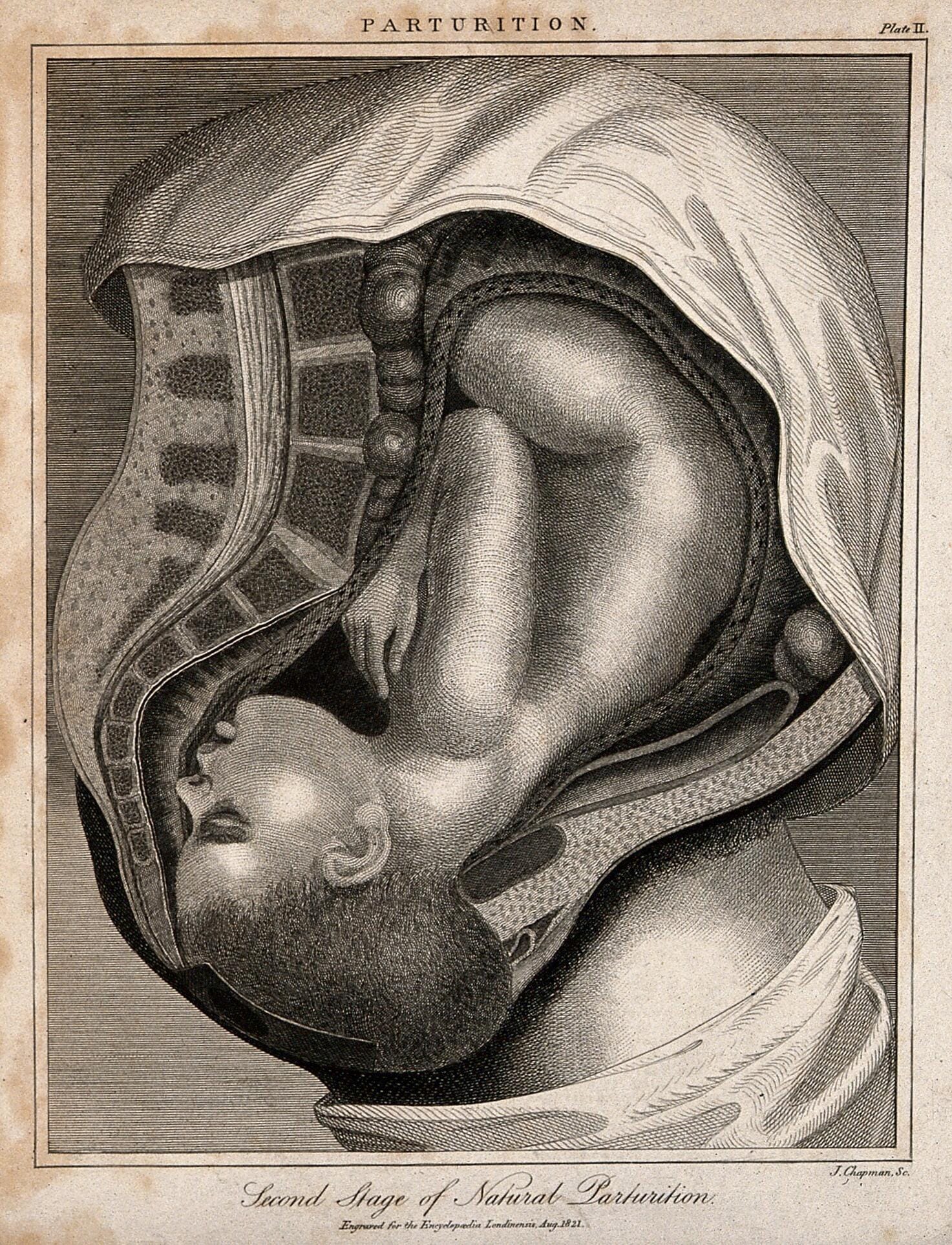
She is screaming and looking at me. There is a storm inside but I am calm. I know you understand, know you know you have to go through this. And the currents settle. She is asking for help, shouts for help. She screams. Loudly. My heart is beating faster, but I am calm. She is in pain. Listening. I listen. We hold hands. She squeezes mine intensely. One day this journey will make sense to her. I don’t cry. She holds me. And screams. Too much pain. She is taken to theatre, screaming whilst wheeled through the corridor. I cry.
Alexa Dean
I wake in the night and seem to know that you too are awake and things are happening. I arrive and see you already in a state of surrender. Her body slips out of you like a fish, I pass her between your legs but her cord is short so she lies on the floor, gazing up at you. I watch you meet her, known to you already, a part of you until now. You say we did it together, but I know you did it yourself. I was telling myself as much as you; You can do this. Listen to your body. Trust the process.
Issy Bourton
She sits on the edge of the bed, staring. Her eyes are empty – body still and stiff. I try to remember the protocol. I explain to the interpreter that I will have to ask her some tough questions. I feel horror of her distress. She is an asylum-seeker living in a hostel and her baby died – a still birth a few days ago. She wants to die, grieving for her child and not sleeping. We make a plan. If I leave her now, will she be OK? I am leaving her in a bare, anonymous room, alone with her thoughts and loss as I go back to my own house and family. I feel horribly inadequate and want to wrap her in my arms and take her away – take this pain away.
Laura Godfrey-Isaacs
The head was descending and she was ready to deliver. …It was slow to rotate and when we looked at each other we knew straight away. It was delivered with the first attempt and needed no resuscitation. They were too overjoyed to realised what happened or what could have happened. She had completely trusted us throughout her pregnancy and knew she could trust our skills and judgement. The non- verbal communication between midwives, the ability to put fear aside and focus in emergencies is not well understood or spoken about.
Flo Awichi
I remember:
The stillness, the seeming lack of emotion.
Easily mistaken for a lack of comprehension; parental misunderstanding.
My explanations followed by little conversation.
No questions to follow, no need for clarification.
Lack of comprehension or simply disbelief?
Denial.
The wish that this was not their reality.
A lack of shared emotion, lack of communication, of comfort.
Little exchange of words between them.
Each grieving alone, yet together.
A lack of embrace.
The overwhelming urge to hold them tight. To carry their grief for them.
Staff shedding tears on their behalf.
Not understanding their silence, the absence of emotion.
The expectation of grief hanging in the air.
Of tears, of howling, of uncontrollable sobbing.
Of hand holding. Of comfort. Of promises to get through this together.
In its place: silence, disbelief.
The realisation.
That grief is not prescriptive.
No right or wrong way.
Just one foot in front of the other, trying to make it through the fog.
Each moment harder than the last, as realisation dawns.
Stumbling through together.
In silence.
Rachel Elf
Language left me as the first wave took hold. You had begun your entry into the world, had decided now was the time to leave your uterine first home inside me, and within an instant I was dissolved, was another, as my body moved to your command. It was around midnight, crushing summer heat removing any difference between the air and our skin. We crawled to a far corner and there, with just the strangest of faint sounds escaping us, we rode out the impossible for hours that melted into the next day, then night. Time was of another order, faster, slower, other, beating only to your ferocity, my tireless long-distance swimmer, marine lover, strong enough for the both of us. No lulls, no breaks, one thundering wave after another. Again, again, again, again, impossible, nothing but possible, pure existence.
And so, we held fast, held on, diving, plunging, darkness, gliding, bucking and swaying, on our hands and knees undulating in our hidden cave. Infinity, impossible, nothing but possible, pure existence. Deep low sounds from a voice not mine, from a far away, long ago time, the deepest sea, you took me there, my fearless guide.
And then, when time had ceased all together, when I was no longer body, only pure sensation, a million tiny glistening shards, then, you saw the world ahead. My deep-sea diver, marine lover, your impossible strength parted the oceans, changed the tides. One rearing, soaring almighty creature. In water, on haunches, sound ripping through us as you swam and swam and swam and swam. Ecstatic, outside, no longer one, no longer self.
And then, silence. Underwater. Outside, outside, attached, outside. Inside out. Silence, as you swam into the world. Out of me. Towards me. Gliding towards me, my languid silken marine lover. Lungs still aquatic, yet to drink air. Suspended, we float toward one another and I reach down to you, your arms outstretched to me through murky waters, reunited, you who was always already there, always already known, my undoing and my becoming.
Esther Teichmann
PERFECTUM
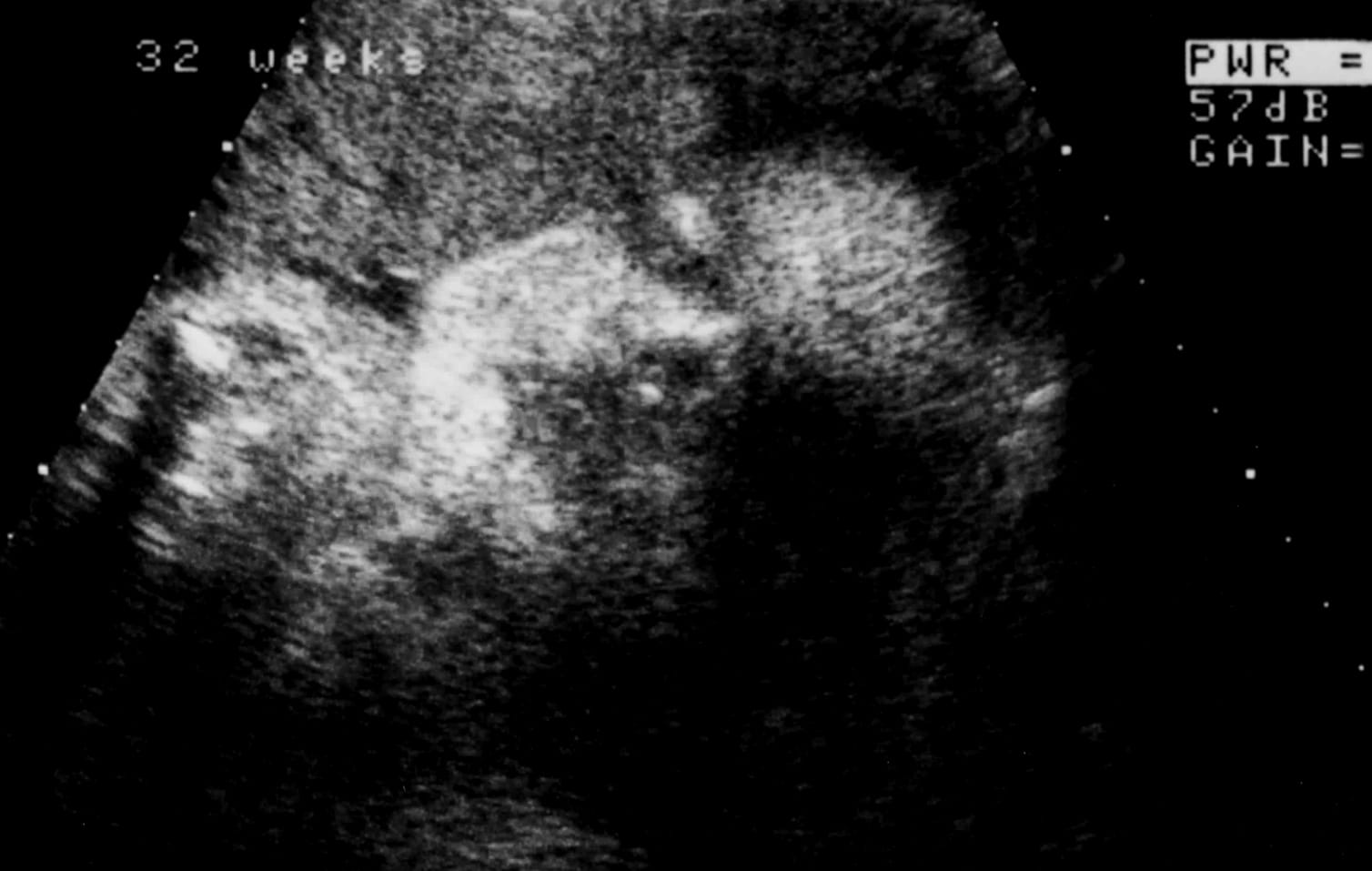
You were perfect – perfectly formed
The throw away paper held your precious images
a series of frames
a window into another dimension
flips
eyes
heart beating…
ten fingers and ten toes
suspended in gravid waters
contained within an amniotic reservoir.
No errors, nothing detected by the 20-week ultrasound.
Yet un be known
your body
later became host
to a malignant beast
multiplying
mutating cells
biological differentiation.
How to repair loss?
There is nothing to repair when the body is not present
the heart marks time
bearing witness
the image remains intact
holding the absent space
repair is a vigil
an examination
past – perfect – tense.
Sofie Layton
DONATION
/dəʊˈneɪt/ (donate)
verb
to allow some of your blood or a part of your body to be used for medical purposes
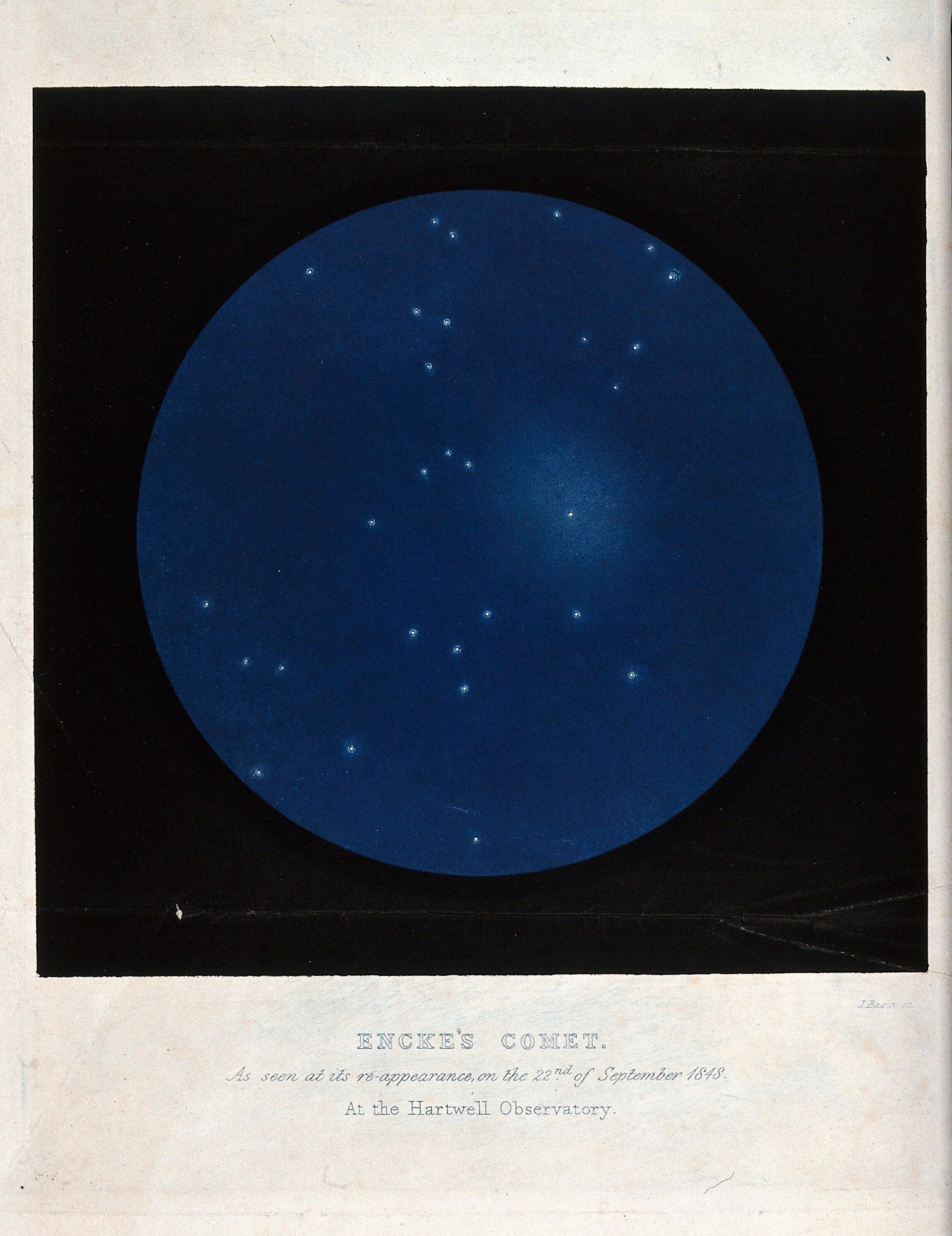
The selfless task of giving, altruistically, allowing another to benefit, might be one definition of donation. This can either be in the form of knowledge, or in the direct allowance of something to another. The donation of knowledge, the developing and growing of an idea and then sharing this and bringing others along on my journey of advancing research and medical knowledge, is part of the responsibility of individual and collective research - to further donate knowledge one has received, and support others as one has been supported. A gift, as opposed to donation, has a different feeling - a finality following the initial handover, whereas donation is a passing on, with an aspect of custodianship. In my Micro-CT research, the donation or consenting of parents allowing us to use the medical scan images of their child for the advancement of medical research, has special connotations - this is the most precious thing they can donate, and they are trusting us to pass on the knowledge that this examination may provide and to use it to advance science and medical knowledge for the good of all and to possibly prevent future loss.
Ian Simcock
Donation implies more generosity than a gift and also incorporates something of yourself. A donation, for me, involves passing something of yourself to another being or entity. Donation has aspects of legacy, a separating of myself from something that once had been mine or connected to me, to benefit others. Donation is an emotional act, a sharing - sharing a story, sharing something personal, sharing and passing on. Donating something not only implies that someone will receive it, but someone else is also parting with it.
Giovanni Biglino